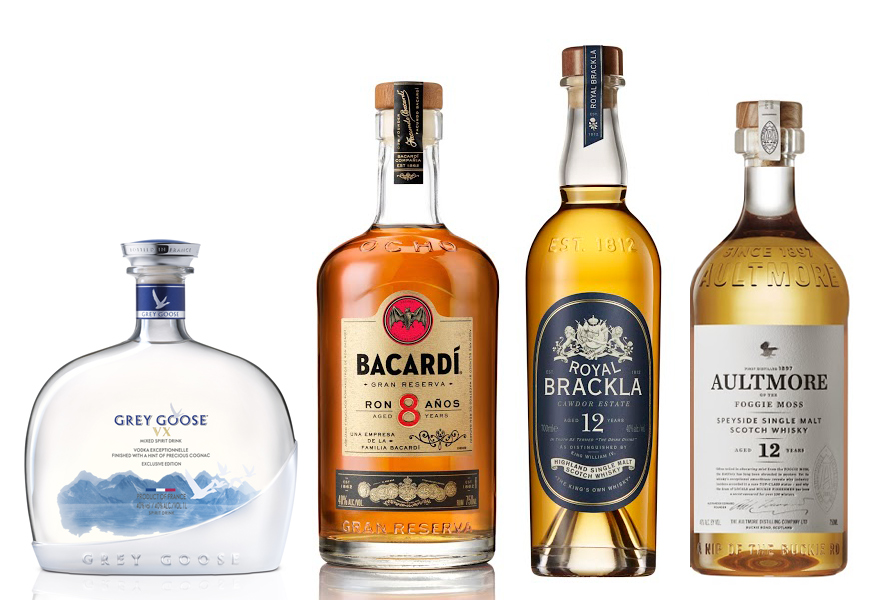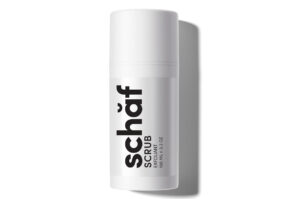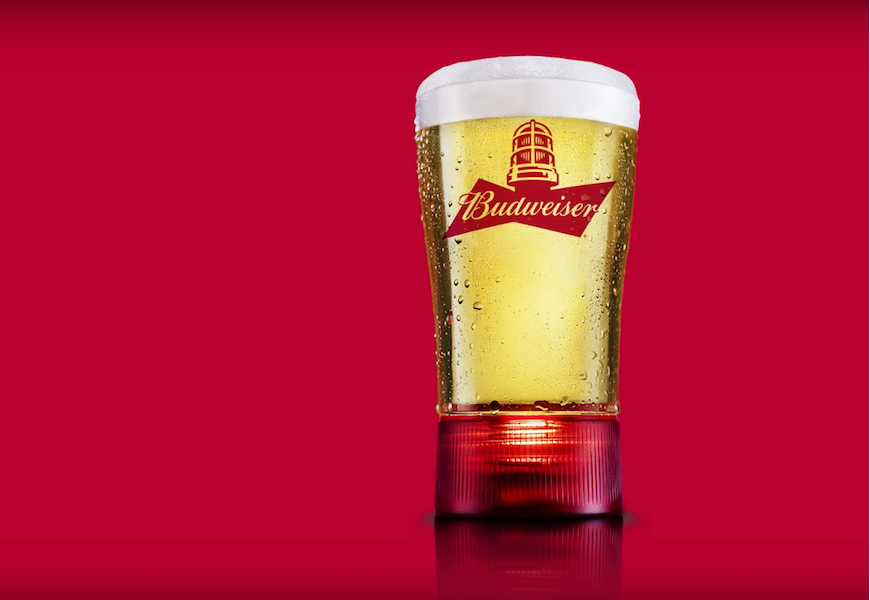We all know that alcohol has a lot of negative health effects. Drinking can increase your risks of many cancers, damage your liver and your brain, and add excess calories to your diet. But a lot of us have also heard that a glass of wine with dinner can be good for us, providing us with antioxidants we might not otherwise receive, for example.
So, what’s the truth? Are there any actual health benefits to drinking?
On top of that, how much can we drink to see those benefits without the downsides?
Heart Health
Drinking a moderate amount of alcohol (about 1 drink per day) provides benefits to our cardiovascular health. It’s been shown that alcohol at this level of moderation can thin the blood, lowering blood pressure and reducing the risk of blood clots, as well as increase the elasticity of arteries and even reduce bad cholesterol (LDL)! Lower bad cholesterol can in turn reduce the risk of stroke and heart attack.
Reduced Risk of Diabetes
Men and women who drink moderately have been shown be at lower risk of developing Type-II diabetes. This is because as alcohol reduces blood insulin levels. Once again, you only need a single drink to get these benefits, and excessive drinking can be dangerous for diabetics or those at risk of the disease.
Antioxidants
The benefits of drinking red wine for its antioxidants was mentioned above, and the folk knowledge seems to hold true in medical studies. Drinking a moderate amount of wine, as defined in one study published in 2002 as 8-14 glasses of 5 fluid ounces per week, supplied the body with enough antioxidants to help fight off viruses such as the common cold.
Reduced Risk of Dementia
This is an interesting one. A recent study found that moderate alcohol use might actually make our brains stronger. Small amounts of alcohol place moderate stress on the cells of the brain, which can toughen them up for dealing with the major stress of dementia later on. More research is needed to confirm this.
Increased Libido
In 2009, a study published in The Journal of Sexual Medicinefound that chances of erectile dysfunction were significantly reduced in men who drank moderately, but not to excess. There has been little subsequent research to corroborate this.
The Big Takeaway: Moderation
In each of these studies, the key factor of alcohol’s benefit is in the moderation of its consumption. If you drink to excess, all of these effects can be overshadowed by the incredible damage you do to certain parts of your body, including your liver, blood, and brain.
So what is real moderation? Here’s the numbers:
Beer: 12 fluid ounces (a pint is 16).
Wine: 5 fluid ounces (a standard small glass).
Spirits: 1.5 fluid ounces (a shot and a half).
You can’t have much, so make it the good stuff!













If red wine helps fight viruses, I’m drinking a glass tonight!